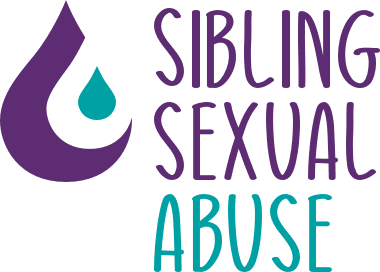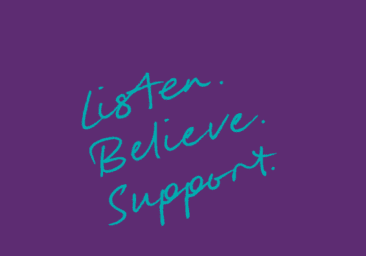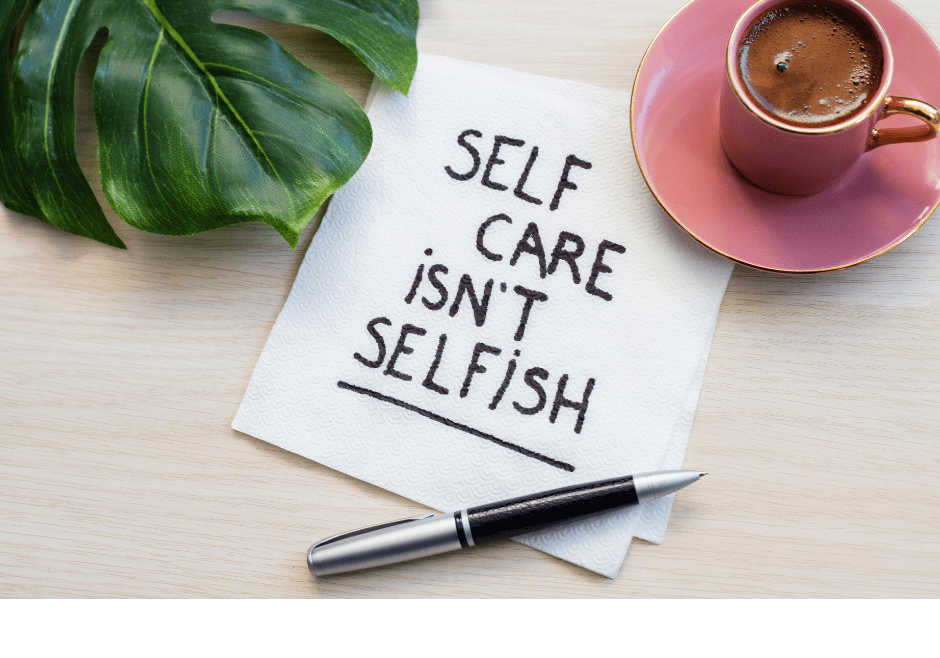What kind of reactions do people have to trauma?
When a person has experienced a shocking, unexpected or traumatic event they are likely to develop deep emotional and physical shock or stress.
When a person has experienced a shocking, unexpected or traumatic event they are likely to
develop deep emotional and physical shock or stress.
These reactions are normal and will be
unique, personal and individual.
Here are some typical reactions that people can experience
after a trauma:
Physical Reactions:
- Tension in the muscles
- Tiredness and exhaustion
- Diarrhoea
- Chronic pain
- Hyperactivity
- Vaginismus
- Insomnia
- Dry mouth
- Sweating
- Headaches
- Dizzy spells
- Unsteady breathing
- Tightness in the chest
- Increased, rapid heartbeat
- Heartburn, indigestion or
acid reflux - Eczema or other
dermatological complaints - Other physical pains.
Emotional Reactions:
- Feelings of hopelessness
- Guilt and shame
- Depression
- Insecurity
- Irritability
- Anxiety
- Apathy
- Mood swings
- Panic attacks
- Nightmares
- Poor memory
- Loss in self-confidence
- Feeling jumpy/on edge
- Absent-mindedness
- Inability to concentrate
- Feeling suicidal.
Behavioural reactions:
- Increased smoking,
drinking and/or drug use - Over working, or not
turning up to work - Personal neglect
- Cutting or other deliberate
self-harm - Nail biting
• Impulsiveness
• Twitches, tapping fingers, etc.
• Non-stop talking or unable to talk.
Changes in eating pattern.
Hyper-sexuality or lack of
interest in intimacy.
Why do people have
these reactions?
The human brain is both rational and instinctive. When
you are exposed to danger or traumatic events, instinct
takes over. It does what it needs to do to survive.
Your senses are constantly sending signals to a part of your
brain called the amygdala. The amygdala searches through
these signals for any threats. If it finds a threat, it tells your
hypothalamus (the part of your brain that controls bodily
functions) to release defence hormones. This will trigger
one of these five instinctive reactions:
Fight, Flight, Freeze, (be-)Friend and Flop
Your brain will react in the way that is most likely to lead to
survival and the least harm. It doesn’t think about how you will
feel after. During rape or abuse, the first two options (Fight or
Flight) often aren’t possible as they may lead to further physical
or mental harm. The last three options are very common as they
expose the victim-survivor to the least immediate danger.
These responses have evolved over thousands of years. Think
about how animals pretend they are dead to avoid predators
(Flop) or how you may stand still when you see a car coming
towards you before you think to get out the way (Freeze).
Quickly prioritising the needs of others (be-Friend) is an attempt
to feel a sense of safety and avoid conflict.
This all happens in a split-second. The instinct for immediate
survival overrides longer-term rational thought. This is why the
way that you reacted might not make sense to you later.
If there is a safe outcome (survival), the brain learns to use
that reaction again. Sometimes, this response can be used
repeatedly in less and less risky situations. This can lead to a
heightened state of awareness of risk, hypervigilance, or to a
feeling of numbness.





